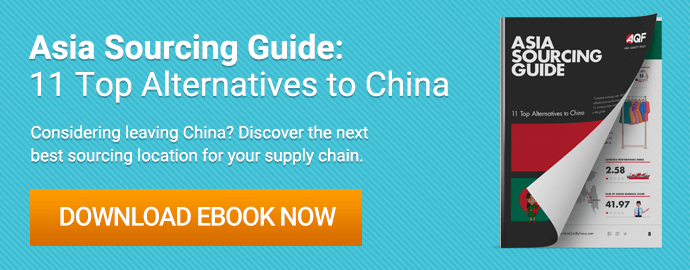Peak season is so important for retailers, especially ecommerce retailers, as the sales during this period can make up the majority of the year's sales. For instance, consider Taobao’s Double 11, an online shopping festival that spans a week. In 2022, Taobao's gross merchandise value (GMV) was around $701 billion, with approximately $84.54 billion coming from the Double 11 Shopping Festival.
For e-commerce sellers in other parts of the world, the second half of the year signals the upcoming peak season. This period includes several popular shopping days:
- Black Friday: It always falls on the Friday after Thanksgiving.
- Cyber Monday: This day occurs on the Monday after Thanksgiving in the United States.
- Christmas: Although Christmas is in late December, people typically start their Christmas shopping months in advance.
Hence, ecommerce sellers shall be well prepared to perform well in peak season. In our article, we have collected some best practices for ecommerce sellers to navigate peak season and achieve success.
1. Analyze the Past
The first thing you should do is learn from the past. You can look at previous sales data, past action plans, previous campaigns, and so on to get a full picture of your business. You shall also analyze your best-selling product to understand its pros and cons. This can help you better understand your business and allocate resources effectively.
2. Planning and Forecasting
Then, you shall make new plans and forecast peak-season demand. You should take the historical data and the market trend into consideration when formulating your plans. You can predict the customers’ preferences for this peak season and if they have new needs. An effective plan will detail staffing levels and help optimize your operations to handle the increasing needs during peak season.
3. Inventory Management
After understanding your needs, the next step is to manage your inventory. You should ensure sufficient stock levels of popular items so you can satisfy the demand and avoid running out of stock. You can also manage the warehouse's space to make sure new arrivals have enough space. Additionally, be sure to take care of the storage conditions in advance so that all products can be stored in the right condition.
4. Supplier Communication
It is essential to have a reliable supplier relationship for your supply chain. Communicate with your suppliers in advance to ensure that your requirements are well understood. Maintain frequent communication with them to monitor your production status and secure your shipment schedule.
Additionally, consider conducting supplier audits before the peak season. Supplier audits can evaluate your existing suppliers' performance or verify the capability of new suppliers to ensure they can meet your demand.
5. Product Quality Control
Product quality is the foundation of your online reputation. Maintaining product quality is a critical step for ecommerce sellers, especially when sourcing from overseas. Any defects could result in dissatisfied customers, negative reviews, refunds, or in the worst-case scenario, pose safety hazards. To avoid such issues, the best approach is to conduct product inspections before your batches leave the factory.
For ecommerce sellers, the most commonly used product inspection is Pre-Shipment Inspection (PSI). This inspection occurs when at least 80% of your products are being manufactured. It helps to identify product defects when there is still an opportunity to rework at the factory site.
Additionally, you can conduct a During-Production Inspection (DUPRO) to identify defects at an early stage so you can implement a correction plan as soon as possible.
6. Review and Recap
Don't slack off after the peak selling season. As an ecommerce seller, you should review your business after the peak season to assess performance, identify strengths, and pinpoint areas for improvement.
Aside from analyzing sales data, you should also look at customer feedback to gain valuable insights and enhance customer experiences Then, you can better prepare for future peak periods and maintain a competitive edge in the market.
Achieve Peak Season Success With AQF
The peak season presents great opportunities for ecommerce sellers. By implementing best practices, ecommerce sellers can effectively navigate the challenges of the peak season.
Professional third-party quality experts like AQF can provide support to ecommerce sellers with various supply chain solutions. With rich experience in consumer product quality control, we can offer customized solutions both upstream and downstream of your supply chain. Together, we can ensure a smooth and successful peak season, while also building a stronger foundation for long-term growth.








